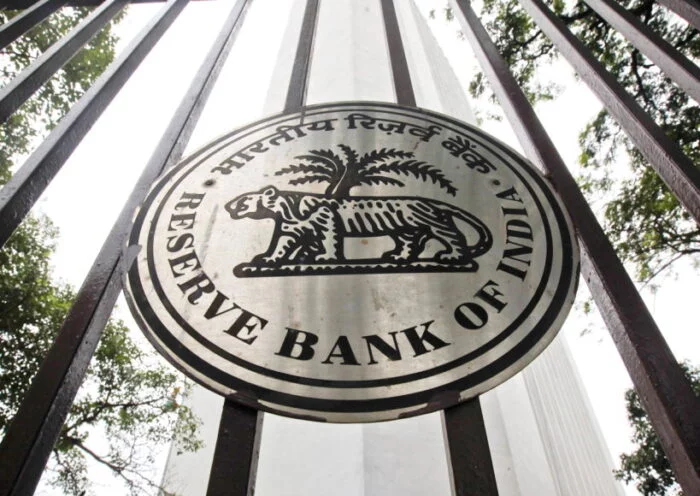The Reserve Bank of India (RBI) has highlighted significant progress in the internationalisation of the Unified Payments Interface (UPI), India’s pioneering digital payment system. This development underscores India’s growing influence in the global financial technology landscape and its commitment to creating seamless cross-border payment solutions.
UPI’s Global Footprint Expands
Introduced in 2016 by the National Payments Corporation of India (NPCI), UPI has revolutionized digital payments in India by enabling instant fund transfers through mobile devices. The system’s ease of use, reliability, and scalability have made it a model for digital payment systems worldwide.
In its recent statement, the RBI outlined the strides taken to expand UPI’s reach beyond India, enabling Indians abroad and foreign users to benefit from this efficient payment system.
Key Milestones in Internationalisation
- Bilateral Agreements:
India has partnered with several countries to enable UPI interoperability with their domestic payment systems. Prominent collaborations include:- Singapore: The linkage between UPI and Singapore’s PayNow allows instant cross-border fund transfers.
- UAE: UPI integration with payment systems in the UAE facilitates transactions for the large Indian diaspora and tourists.
- France and Bhutan: These nations have embraced UPI at various merchant establishments, enhancing its global acceptance.
- Remittance Facilitation:
The integration of UPI with international money transfer operators simplifies remittances, allowing Indian expatriates to send money home seamlessly at reduced costs. - Merchant Adoption:
Global merchants, especially in countries frequented by Indian tourists, are increasingly adopting UPI to attract Indian customers. This shift is reducing dependency on cash and card-based payments. - Multi-Currency Support:
Ongoing efforts are focused on enabling UPI to handle multi-currency transactions, which will further boost its appeal for international users and businesses.
Strategic Importance
The internationalisation of UPI aligns with India’s vision to establish itself as a global leader in digital payments. By exporting its payment infrastructure, India is not only enhancing financial inclusion but also strengthening economic and diplomatic ties with partner countries.
RBI Governor Shaktikanta Das stated,
“The internationalisation of UPI is a significant milestone in our journey toward global financial integration. It simplifies transactions for individuals and businesses while projecting India’s technological capabilities on the world stage.”
Challenges and Opportunities
While the international expansion of UPI presents immense opportunities, it also brings challenges such as ensuring cybersecurity, compliance with diverse regulatory frameworks, and maintaining the system’s efficiency on a global scale. Collaborative efforts between the RBI, NPCI, and international partners are pivotal in overcoming these hurdles.
Future Prospects
The RBI is actively exploring partnerships with additional countries and working on innovations like offline UPI transactions to make the system even more robust. With its ongoing internationalisation, UPI is poised to become a global benchmark for digital payment systems.
Conclusion
The rapid internationalisation of UPI marks a transformative phase in India’s fintech journey. As it extends its global reach, UPI is set to redefine cross-border payments, fostering greater financial inclusivity and cementing India’s role as a digital payment leader on the global stage.











